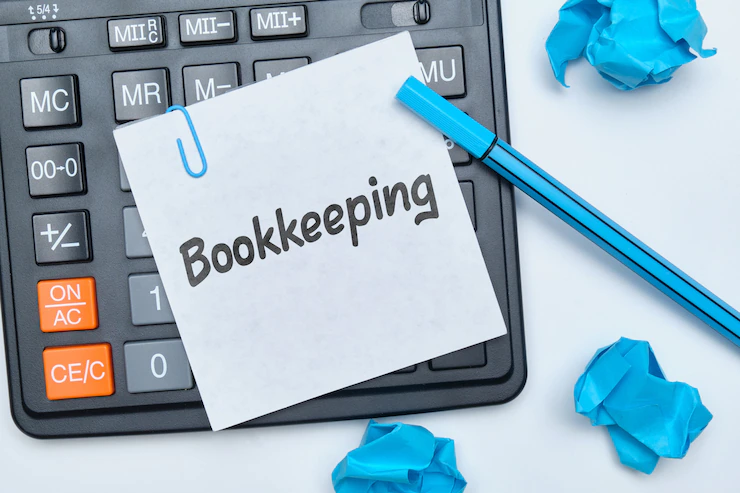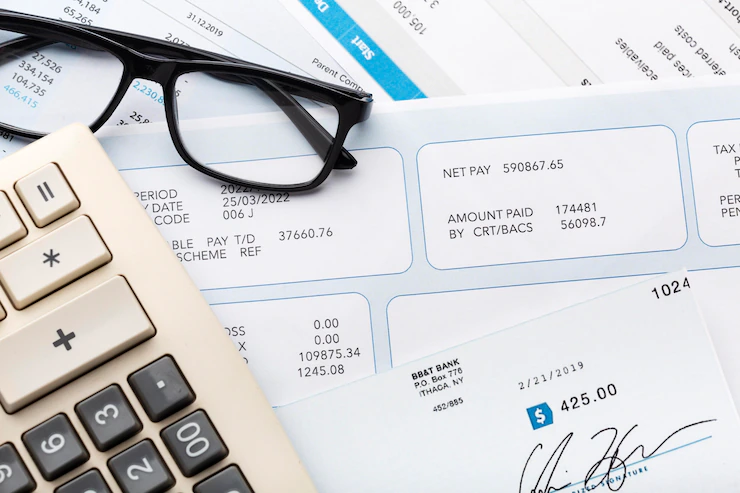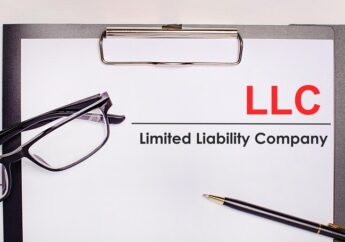Best Bookkeeping Practices for Small Businesses
by Abdul Aziz Mondal Business Development Published on: 21 July 2022 Last Updated on: 11 November 2024

Owning a business is one of the most rewarding jobs. Not only does being an entrepreneur provide the flexibility to decide your own hours, but it also gives you control and independence.
Among the many challenges of running a small business is managing finances. This can make or break your business because your financial records are crucial for monitoring your expenses and identifying new growth opportunities.
Proper bookkeeping helps you maintain your company’s financial records and make informed business decisions. Working with a seasoned financial advisor in Brisbane can ensure your business finances are in order, so you can operate profitably in the long term.
However, you need to establish consistent bookkeeping practices to avoid accounting issues and use your finances efficiently to grow your small business.
Here are a few best bookkeeping practices you should apply to help your small business succeed:
Overview:
- Determine your Accounting Method
- Have Separate Personal and Business Finances
- Leverage Technology
- Establish Internal Controls
- Constantly Review your Accounting
- Maintain accurate records
1. Determine your Accounting Method
The first and most crucial bookkeeping practice is determining the ideal accounting method for your small business. Your business can use either an accrual or cash accounting method.
The accrual method logs profits and expenses as they occur regardless of cash transfers, providing greater visibility over your small business’ financials. This is often the most preferred option for larger businesses with seasoned accountants.

A cash-based bookkeeping system records revenue as actual cash exchanges occur either as payables or receivables. Cash-based bookkeeping is usually the best method for effective cash management.
You may consider using it to better manage cash flow for your small business. Knowing the differences between the two bookkeeping methods can help you choose the most suitable one for your business’s unique bookkeeping needs.
2. Have Separate Personal and Business Finances
Tracking expenses is crucial for the proper management of your accounting books. It can save your company time and money if done correctly.
Separating your business and personal finances is one of the best bookkeeping practices that can help you efficiently track expenses. This means having separate bank accounts and credit cards for personal and business use.

This can prevent using personal finances for business purchases and vice versa, which could lead to cash flow problems and tax filing complications.
Keeping your accounts separate can also shorten the time you spend auditing your small business’s spending, making it easier to find deductible business expenses.
This also eliminates the hassle of searching through piles of files to find receipts because you can easily locate every transaction you’ve made from your business’s account online. Separating your business and personal finances also helps you avoid cash flow problems and potential legal issues due to tax filing and auditing complications.
3. Leverage Technology
While using excel sheets and physical ledgers can help cut down your bookkeeping costs in the early stages of your business, it may not serve your needs as your company grows.
Manual bookkeeping is usually time-consuming, error-prone, and expensive. Adopting accounting software early on can help speed up your accounting processes, reduce operating costs, and centralize all your accounting data.
It can also efficiently handle the enormous volume and complexity of your accounting as your small business expand.

The software helps you track recurring and one-off expenses, manage invoices, and create accurate estimates, allowing you plenty of time to focus on other important tasks. It lets you easily track any pending invoices and follow up faster, ensuring you make timely payments.
Automating your accounting processes also reduces errors often associated with manual bookkeeping, keeping your financial records accurate. You can also easily generate your small business’s financial statements and documents when filing taxes.
Make sure the accounting software you choose can not only meet your current bookkeeping needs but can also grow with your business.
4. Establish Internal Controls
You need to establish internal control authorities to reduce the risk of fraudulent activities in your bookkeeping processes.
If you’ve entrusted certain aspects of your business finances to your employees, distributing your financial responsibilities can help combat fraud.

That’s because no single employee can conduct authorization, record asset custody, and maintenance alone. Ensure there’s an employee for writing checks, a different one for checking in with the bank account, and another for authorizing payments.
One person should also be responsible for opening the mails, and another who performs accounting functions. Any checks received should be handed over to the accountant or bookkeeper once they are recorded to reduce the risk of fraud.
Outsourcing your small business’s IT and accounting operations can be a great way to maintain healthy and efficient bookkeeping processes.
5. Constantly Review your Accounting
Constantly reviewing your accounting is another great bookkeeping practice that can help you keep up with your accounts. Set aside a block of time each month for balancing your books.
Balancing your books at least once a month can help make your accounting tasks less arduous during tax season. Make time each month to review your accounts receivables and payables.

You should also go through your invoices to see what has been sent during that month and what needs to be sent.
This way, you can verify any pending invoices and confirm that all your small business’s monthly transactions are up-to-date and accurate. If you don’t have an in-house bookkeeping team, you should consider outsourcing your bookkeeping tasks to a reliable accounting firm.
6. Maintain accurate records
Improper bookkeeping can lead to inaccurate and dated accounting records, which can cause problems, especially when filing tax returns for your small business.
Besides helping guide tax filings, your accounting records come in handy when making important business decisions and looking for investors to invest in your business.
Ensure your accounting software’s payables and receivables features are accurate and keep original hard copy records. Hard copy documents can come in handy when there’s a question about an invoice or a transaction.

Your ledger should be categorized into different accounts and should contain the totals. No matter the bookkeeping method used, you should maintain a daily and monthly summary of your accounting records.
This includes a check disbursement journal, cash receipts, business checkbook, employee compensation, and depreciation worksheet. Recording your business transactions daily is the most effective way to keep accurate accounting records.
Endnote
Adopting the above best practices can help simplify your small business’s accounting processes and keep your financial records accurate and up-to-date. Use these best practices to develop a solid bookkeeping system that suits your accounting needs and stick with it for the long haul.
Additionals:






































































































